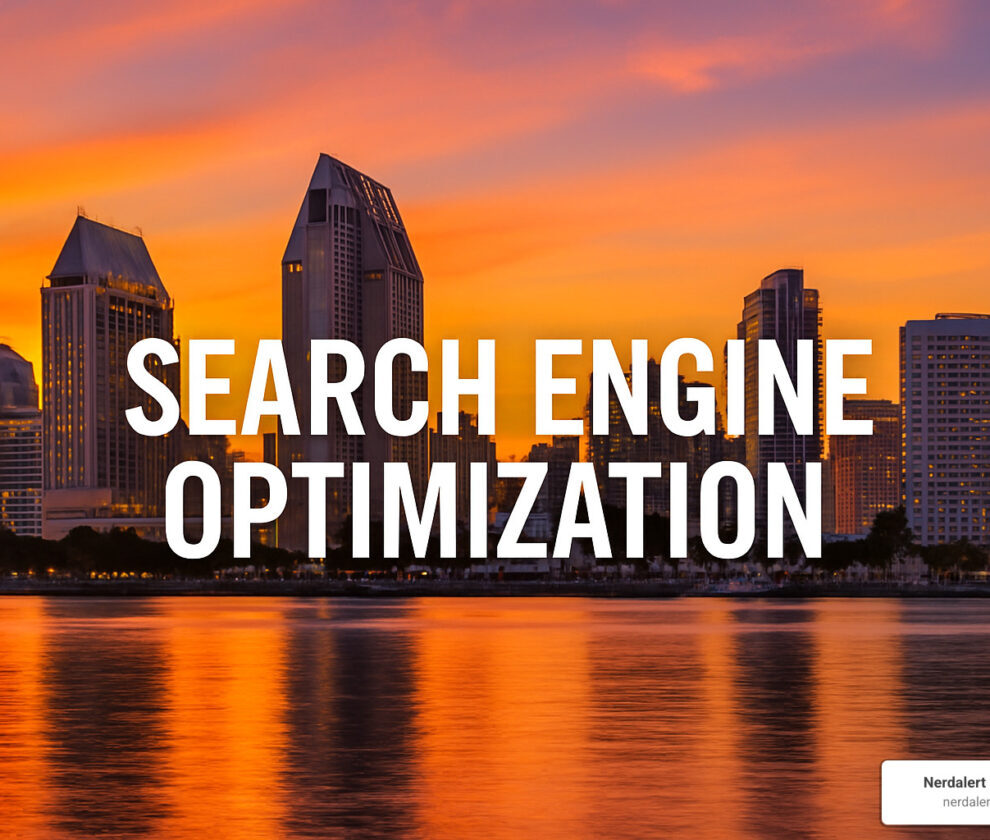Designing a website isn’t always about the aesthetics or the overall look of it. While the design itself matters a lot, the speed and efficiency of your website should also be at the top of your list. Now, designing a website that is both fast and efficient can be a daunting task. However, by following a few simple tips, you can create a website that both looks great and performs well. In this article, we will discuss some of the best ways to design a fast and efficient website.
1. Track Your Website’s Performance
Tracking your website’s performance is essential for ensuring that it is running as efficiently as possible. There are a number of tools and services that can help you do this, such as Google PageSpeed Insights and Pingdom. By tracking your website’s performance, you can identify any areas that need improvement and make the necessary changes.
2. Optimize Your Images
Images are an important part of any website, but they can also slow it down if they are not properly optimized. To optimize your images, you should save them in the correct file format and compress them to reduce the file size. You can also use a plugin like WP Smush to automatically optimize your images.
3. Minimize HTTP Requests
Every time a user visits a web page, their browser sends an HTTP request to the server. The more requests a website makes, the longer it will take to load. Therefore, it’s important to minimize the number of HTTP requests your website makes. To achieve this, you need to combine files wherever possible and use CSS instead of images for styling.
4. Use a Cache Plugin
A cache plugin can help speed up the loading of your website by caching your website’s static files (images, JavaScript, CSS, etc.). This will allow the browser to load these files from its local cache, which will result in a faster loading website. There are many different cache plugins available, so be sure to choose one that is compatible with your theme and other plugins.
5. Minimize the Use of Plugins
Plugins are often responsible for slowing down a website. If possible, minimize the use of plugins or use lighter alternatives.
6. Use a Fast Web Host
The type of web host you’re using plays a big role in the speed and performance of your website. Make sure to choose a reputable and fast web host to ensure that your website loads quickly for your users. Some considerations when choosing a web host include the number of servers they have, their response time, and the amount of bandwidth they offer.
7. Rely on a CDN
A Content Delivery Network (CDN) is a network of servers that caches web content for faster distribution. By using a CDN, you can reduce the load time of your website by sending requests to the nearest server. There are dozens of different CDNs available, so be sure to choose one that is compatible with your theme and other plugins.
8. Use JavaScript Sparingly
JavaScript is a powerful programming language that is used to create interactive web pages. While it can make your website more dynamic, it can also slow it down if not used properly. To avoid this, you should only use JavaScript when necessary and minify your code to reduce the file size.
Conclusion
Making your business website fast and efficient is key to attracting more customers and maximizing its potential. By following some simple tips, you can ensure that your company’s website loads quickly and is easy to use. Additionally, using online tools can help you optimize your website and make it even more efficient and reduce loading times.
If you want to make sure your website is running at peak performance at all times, it’s best to seek help from a professional web designer or developer. Nerdalert Solutions has the answer for you through our digital marketing services. We’re not here to just help you market your business, but we’re also a web design company in Riverside that can help you build a beautiful and functional website. Partner with us today, and let’s make your business stand out from the competition.


